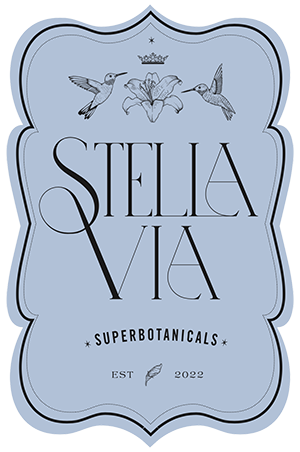

Most women enter menopause between ages 45 to 55, but you may experience menopause symptoms in your early 40s. It can be surprising and challenging, but don’t despair. There is help to navigate this experience and make it a manageable one.
Studies put the average age of menopause at 51 or 52. Still, 5% of women will experience menopause in their early 40s – that’s hundreds of thousands of women.
When symptoms happen between 40 – 45 it’s called early menopause. Early menopause is not to be confused with premature menopause which is when you enter menopause before you turn 40. ( It’s not common, but it does happen for a number of young women).
Menopause is defined as the cessation of a woman’s period for 12 months. The estrogen in your body begins to decline and as a result your ovaries no longer release eggs. This decline in estrogen and egg production is gradual. It’s this slow decrease that produces the array of symptoms associated with menopause.
The menopause symptoms in your early 40s are similar to those experienced by women who enter menopause later in life.
Most women will experience hot flashes – a sudden increase in temperature in the upper body especially across your chest. However, no two women have exactly the same combination of signs.
In early menopause you may experience one or several of the following symptoms:
Early menopause has several causes. However, according to medical experts, for at least 50% of women the cause is unknown. The one contributor you can control is smoking. Others that are beyond our control are surgeries to remove ovaries or the uterus ( a hysterectomy), HIV/AIDS, autoimmune diseases, chemotherapy or radiation, mumps and chronic fatigue syndrome.
Researchers have also found a link between menopause symptoms in your early 40s and: getting one’s period before age 11; chromosomal abnormalities like Fragile X, and having a history of early menopause in your family.
If you are experiencing symptoms, there is help. But be sure to check in with your doctor or other medical provider. They will likely ask about your period history, family history of menopause and likely administer blood tests to check your hormonal levels. Early menopause can impact your health later on predisposing you to heart attacks, stroke or osteoporosis.
Medical and lifestyle interventions can help mitigate these risks.
And in the meantime there is help to cope with any discomfort you may be feeling. Regular exercise, drinking lots of water and prioritizing a good night’s sleep are baseline interventions you should be practicing daily.